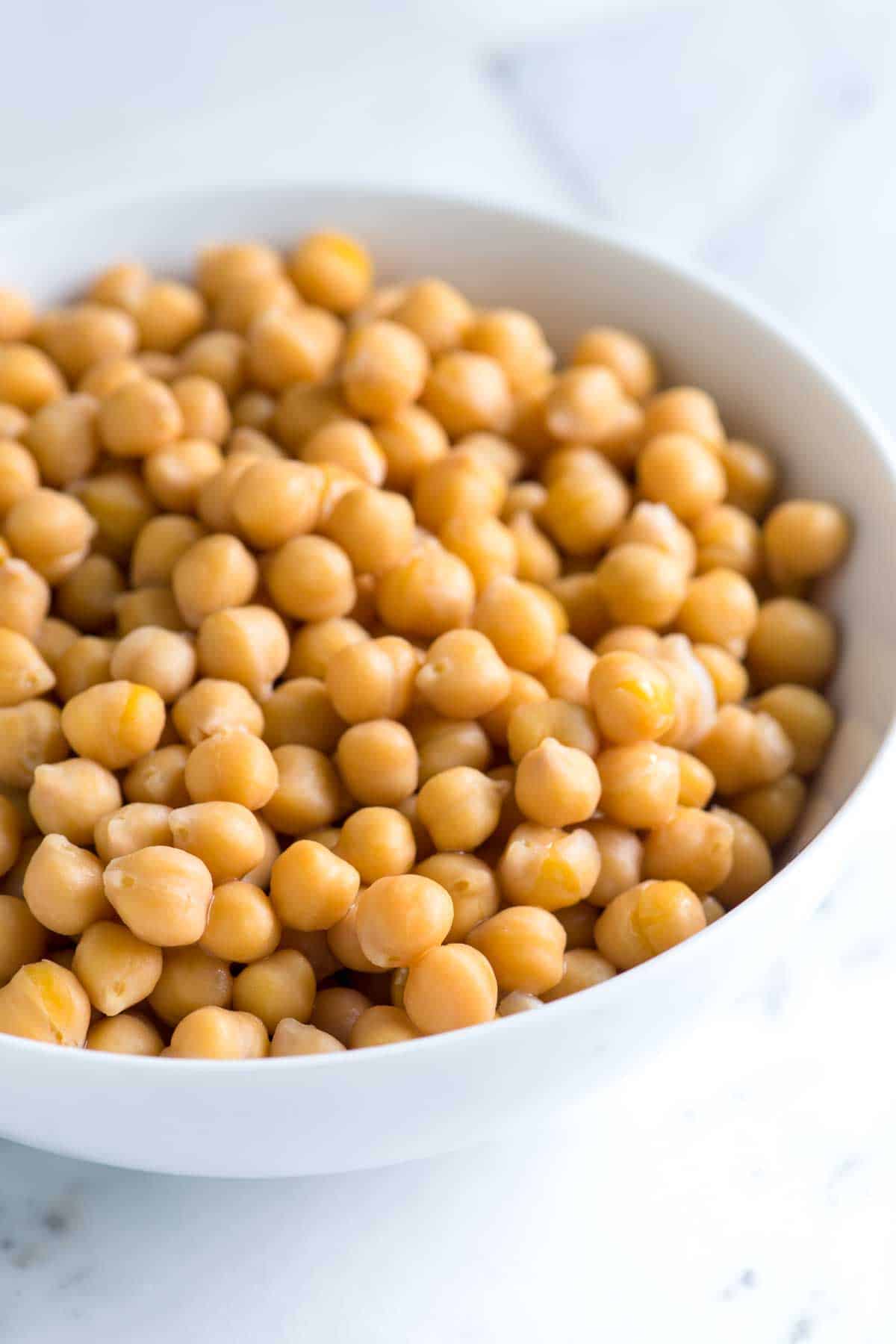Health Benefits of Chickpeas
What are the health benefits of chickpeas?
Chickpeas, also known as garbanzo beans, are a nutritious legume that offer several health benefits due to their unique nutrient profile. Here are some key health benefits of chickpeas:
- Rich in Nutrients: Chickpeas are packed with nutrients, including protein, fiber, folate, iron, phosphorus, and antioxidants. They are also a good source of complex carbohydrates and low in fat, making them a healthy and satisfying food choice.
- Heart Health: Chickpeas may help improve heart health by reducing levels of LDL (bad) cholesterol, triglycerides, and blood pressure. The fiber and antioxidants in chickpeas are thought to contribute to these heart-protective effects.
- Digestive Health: The high fiber content in chickpeas can help promote digestive health by supporting regular bowel movements and feeding beneficial gut bacteria. This may reduce the risk of digestive disorders like constipation and irritable bowel syndrome (IBS).
- Blood Sugar Control: Chickpeas have a low glycemic index, which means they are digested and absorbed slowly, leading to a gradual rise in blood sugar levels. This can help improve blood sugar control and reduce the risk of insulin resistance and type 2 diabetes.
- Weight Management: Chickpeas are a low-calorie, nutrient-dense food that can help you feel full and satisfied. Including chickpeas in your diet may help with weight management by reducing calorie intake and promoting satiety.
- Bone Health: Chickpeas contain nutrients like calcium, magnesium, and phosphorus, which are important for bone health. These nutrients may help reduce the risk of osteoporosis and improve overall bone strength.
- Improved Mood and Mental Health: Chickpeas are a good source of tryptophan, an amino acid that is a precursor to serotonin, a neurotransmitter that helps regulate mood, sleep, and appetite. Consuming foods rich in tryptophan, like chickpeas, may help improve mood, prevent insomnia and improve overall mental health.
- Anti-Inflammatory Effects: Chickpeas contain compounds with anti-inflammatory properties, such as polyphenols and saponins. These compounds may help reduce inflammation in the body, which is linked to chronic diseases like heart disease, diabetes, and cancer.
- Skin Health: The antioxidants and nutrients in chickpeas may help promote healthy skin by reducing inflammation, preventing damage from free radicals, and supporting collagen production.
- Improved Digestion: Chickpeas are high in fiber, which can help promote healthy digestion by bulking up stool and promoting regular bowel movements. This can help prevent constipation and promote overall digestive health.
Incorporating chickpeas into your diet can be a delicious and nutritious way to enjoy these health benefits. They can be used in a variety of dishes, including salads, soups, stews, and dips like hummus.
What are the health risks of chickpeas?
Chickpeas are generally safe for most people when consumed in moderation as part of a balanced diet. However, there are a few potential health risks associated with their consumption, particularly in certain situations or when consumed in large amounts. Here are some potential health risks of chickpeas:
- Flatulence and Digestive Issues: Chickpeas contain oligosaccharides, a type of carbohydrate that can be difficult for some people to digest. This can lead to gas, bloating, and other digestive discomfort, especially when consuming large amounts of chickpeas or if you have a sensitive digestive system.
- Allergic Reactions: Some individuals may be allergic to chickpeas, experiencing symptoms such as itching, swelling, hives, or difficulty breathing after consuming them. Chickpea allergy is relatively rare but can be serious in some cases.
- Antinutrients: Chickpeas contain antinutrients such as phytic acid and trypsin inhibitors, which can interfere with the absorption of minerals like iron and zinc. However, these antinutrients are partially reduced through cooking and processing, and their effects can be mitigated by consuming a varied diet.
- Gout: Chickpeas are moderately high in purines, which are substances that can be broken down into uric acid in the body. Individuals with gout or a history of kidney stones may need to limit their intake of purine-rich foods, including chickpeas, to avoid exacerbating these conditions.
- Lectins: Chickpeas contain lectins, which are proteins that can bind to carbohydrates. Some research suggests that lectins may contribute to digestive issues and other health problems in sensitive individuals, although more research is needed in this area.
- Interference with Medications: Chickpeas contain compounds that may interact with certain medications, particularly blood thinners or medications for diabetes. If you are taking medications, especially those that affect blood clotting or blood sugar levels, consult with your healthcare provider before consuming large amounts of chickpeas.
Overall, chickpeas are a nutritious and versatile food that can be included as part of a healthy diet for most people. However, if you have specific allergies, digestive issues, or health conditions, it’s always best to consult with a healthcare provider or registered dietitian before making significant changes to your diet.




